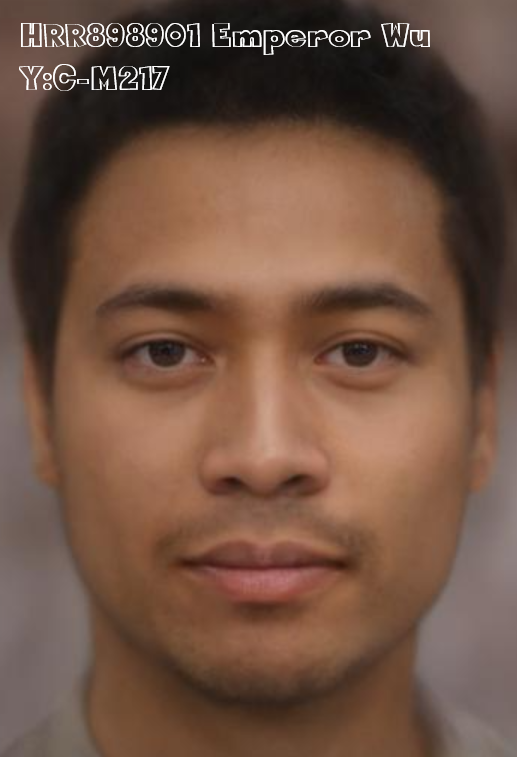
Emperor Wu DNA File 23andme format
Emperor Wu of Northern Zhou, born Yuwen Yong in 543 AD, was one of the most powerful and transformative rulers of early medieval China. The young Yuwen Yong ascended to the throne in 560 AD, at the age of 17, taking the title Emperor Wu, meaning the “Martial Emperor.”
From the very start of his reign, Emperor Wu sought to consolidate power and rebuild stability in a fractured empire. He curbed the influence of the powerful noble families and replaced them with loyal officials and capable commoners. He was an authoritarian.
Emperor Wu’s military campaigns defined his legacy. His greatest victory came in 577 CE, when he led a series of decisive offensives against the rival Northern Qi dynasty. In just a few months, his armies swept across the north, capturing the Qi capital of Yecheng and bringing the entire northern half of China under Northern Zhou control.
Emperor Wu was equally ambitious in domestic policy. He worked to simplify the legal system, improve agricultural production, and implement a military-agricultural colony system, known as tuntian, which allowed soldiers to cultivate land and support themselves on the frontier. But his most controversial act came in 574 CE, when he issued an edict abolishing both Buddhism and Daoism throughout his empire. Monasteries were closed, monks and nuns were forced to return to secular life, and religious property was seized by the state.
Emperor Wu’s family ties linked him to some of the most important royal lineages of East Asia. He married Empress Ashina, daughter of a Turkic khan, creating a crucial alliance with the steppe powers. His son, Yuwen Yun, succeeded him as Emperor Xuan of Northern Zhou. His daughter, Princess Yang Lihua, married Yang Jian, a high-ranking general who would soon found the Sui dynasty. Through this marriage, Emperor Wu became the maternal grandfather of Emperor Yang of Sui, linking his bloodline to the Northern Zhou and the great reunifying dynasty that followed.
Emperor Wu died in 578 CE at the young age of thirty-five, shortly after completing his campaign against Northern Qi. His death marked the beginning of instability — his successor, Emperor Xuan, proved erratic and impulsive, and within a few years, Yang Jian took control of the empire. In 581 CE, Yang Jian proclaimed himself Emperor Wen of Sui, completing the reunification that Emperor Wu had begun.
For this video, I gathered the raw genome of emperor Wu from a 2024 study “Ancient genome of the Chinese Emperor Wu of Northern Zhou”.
